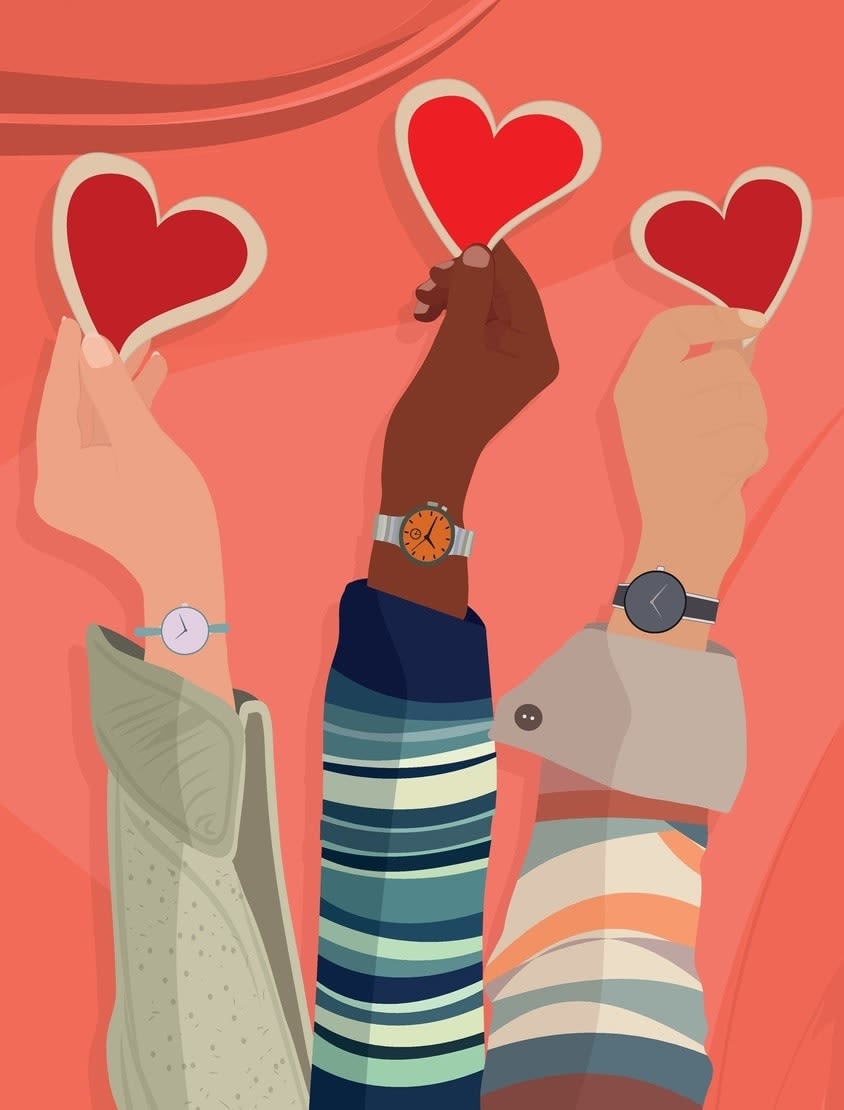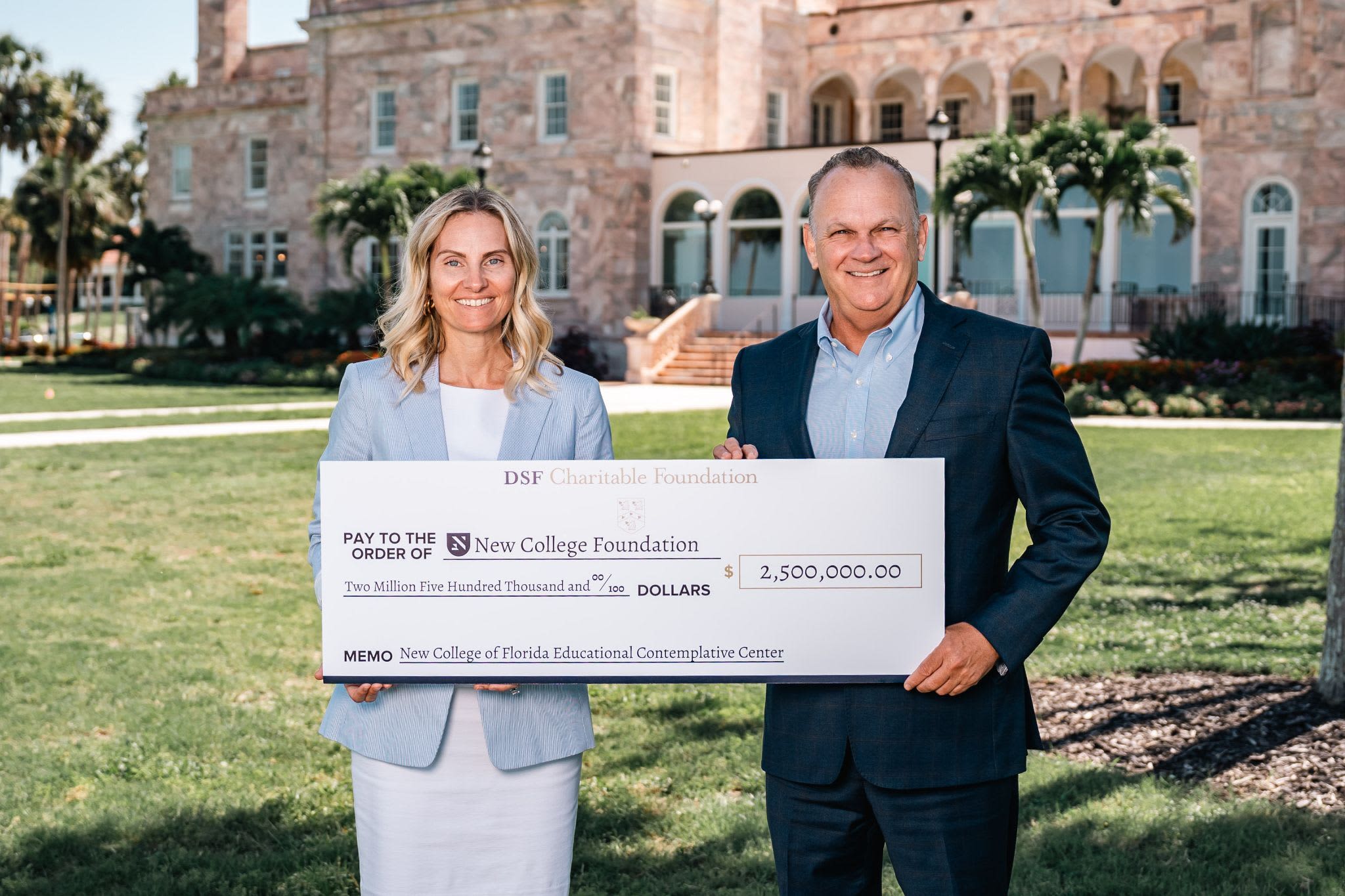Being Generous Boosts Your Brain

Image: Melitas/Shutterstock.com
Amid the hustle and bustle of everyday life, acts of generosity can cut through the noise, not just for those on the receiving end, but for the givers, too.
For example, people who engage in generous behaviors report higher levels of self-esteem and lower levels of depression. Remarkably, even “just recalling moments when they spent money on others can uplift their mood,” says Sara Konrath. She’s a social psychologist who directs the Interdisciplinary Program on Empathy and Altruism Research at the Indiana University Lilly Family School of Philanthropy, and has presented her research and findings locally.
Konrath says that being aware of one’s positive impact on another person amplifies the mental health benefits of giving. “Studies show that people are more likely to give when they know about the happiness it brings,” says Konrath. “This joy is not only internal but also visible to others, as the happiness derived from giving can literally light up our faces.”
Plus, she says, the “positive feelings from giving tend to last longer than those from receiving, contrary to the common belief that spending on oneself brings more joy. Generosity also fosters a sense of abundance both in terms of wealth and time, leading to greater satisfaction.”
Generosity can spread through social networks, too. Kind people are generally more likable and sought after, which can lead to deeper and more meaningful connections with others. “Kindness is a top trait desired in romantic partners, and generosity can make you appear more attractive,” says Konrath.
There’s also a brain boost. According to Konrath, older adults who volunteer have better memory and focus and even need “fewer dementia-related medications thanks to links to increased brain activity related to memory.” Children and young adults who practice generosity, meanwhile, tend to perform better academically and score higher on IQ tests. Programs that teach empathy and kindness have also led to significant reductions in behavioral issues and academic failure.
Volunteering can even lead to better job prospects. “Employers are more likely to contact applicants with volunteer experience,” says Konrath. “Kind behaviors in early childhood also correlate with better educational and employment outcomes later in life.”
If you’re feeling burned out with your current donation or volunteer pattern, Konrath has a simple tip: Change it up. “There is such a thing as a giving rut,” she says. In the same way that you wouldn’t want to eat your favorite food every day, the joy of giving can diminish over time. “Be open and curious in your giving,” Konrath says. “Maybe you just send a check one time, or maybe you can write social media posts for [the organization] another time. New roles in giving can maximize the joy of the experience.”



